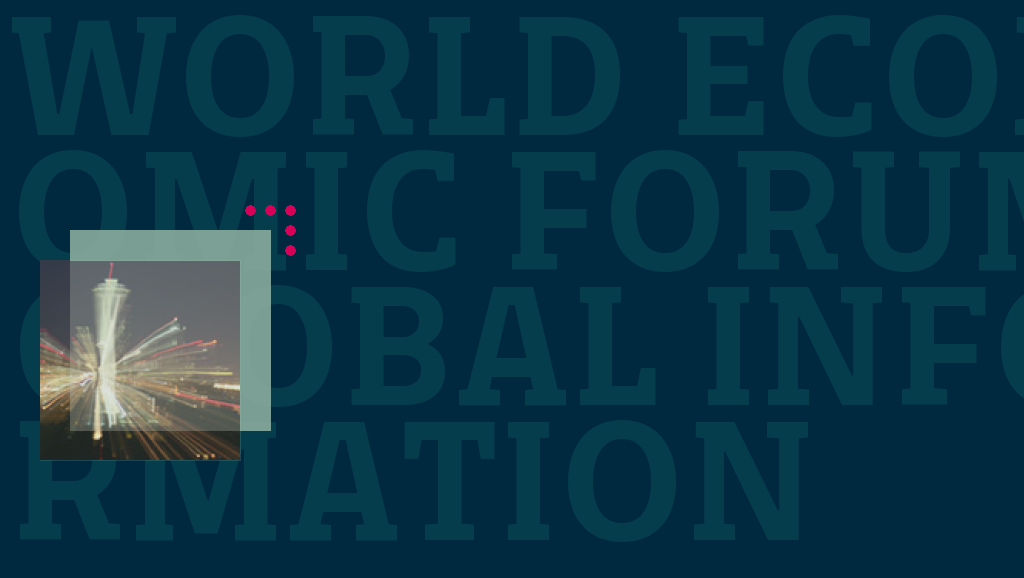The World Economic Forum recently released its Global Information Technology Report 2013.
The report has a Network Readiness Index that aims to measure how prepared countries are to adopt and make the most of new technology. Factors such as investment in broadband and other telecommunications fields obviously enter, but so does the quality of the education system and regulatory powers.
Finland leads the world in embracing technology, followed by Singapore and Sweden. The UK is in 7th place, the USA in 9th, Italy is well down at number 50.
The Nordic countries and the so-called Asian Tigers – Singapore, Taiwan (China), South Korea and Hong Kong SAR – dominate this year’s index.
Southern Europe shows a massive lag in fact with the North. Latin America, the Caribbean and sub-Saharan Africa also suffer from a serious lag despite infrastructure improvements, an expansion of coverage and a push into e-government.
The report demonstrates that economic growth and technological readiness are tightly linked.
According to the study, if emerging markets could double the Digitization Index score for their poorest citizens over the next 10 years, the result would be a global US$ 4.4 trillion gain in nominal GDP. It would generate an extra US$ 930 billion in the cumulative household income for the poorest, and 64 million new jobs for today’s socially and economically most marginal groups. This would enable 580 million people to climb above the poverty line.
The report is free to download here, or for a slightly more detailed review see this post on the Technology Bloggers website written by Jonathan Hankins.
————–
(photo: Day 179/366 – Warp Speed! by Great Beyond from Flickr)
————–
















